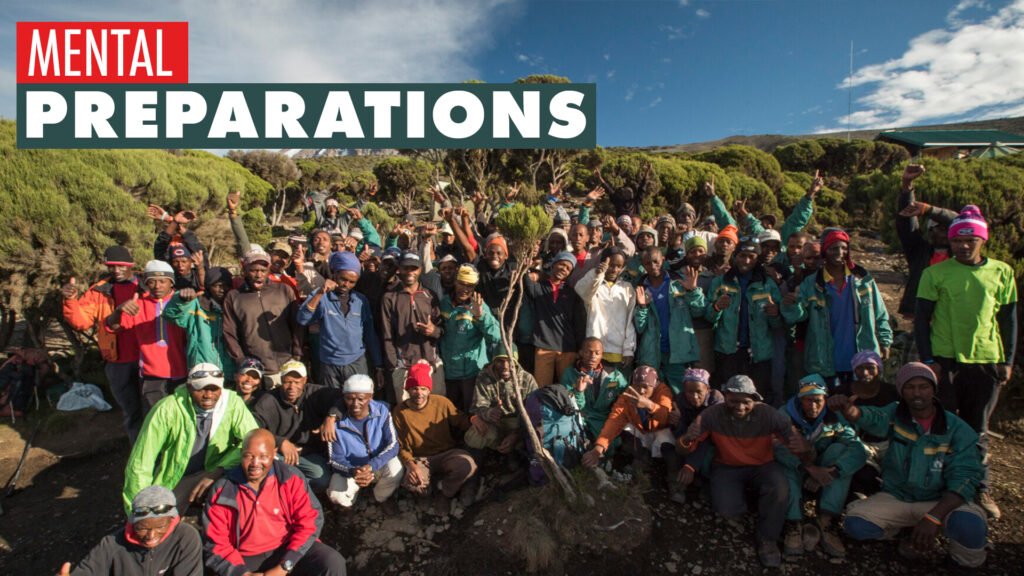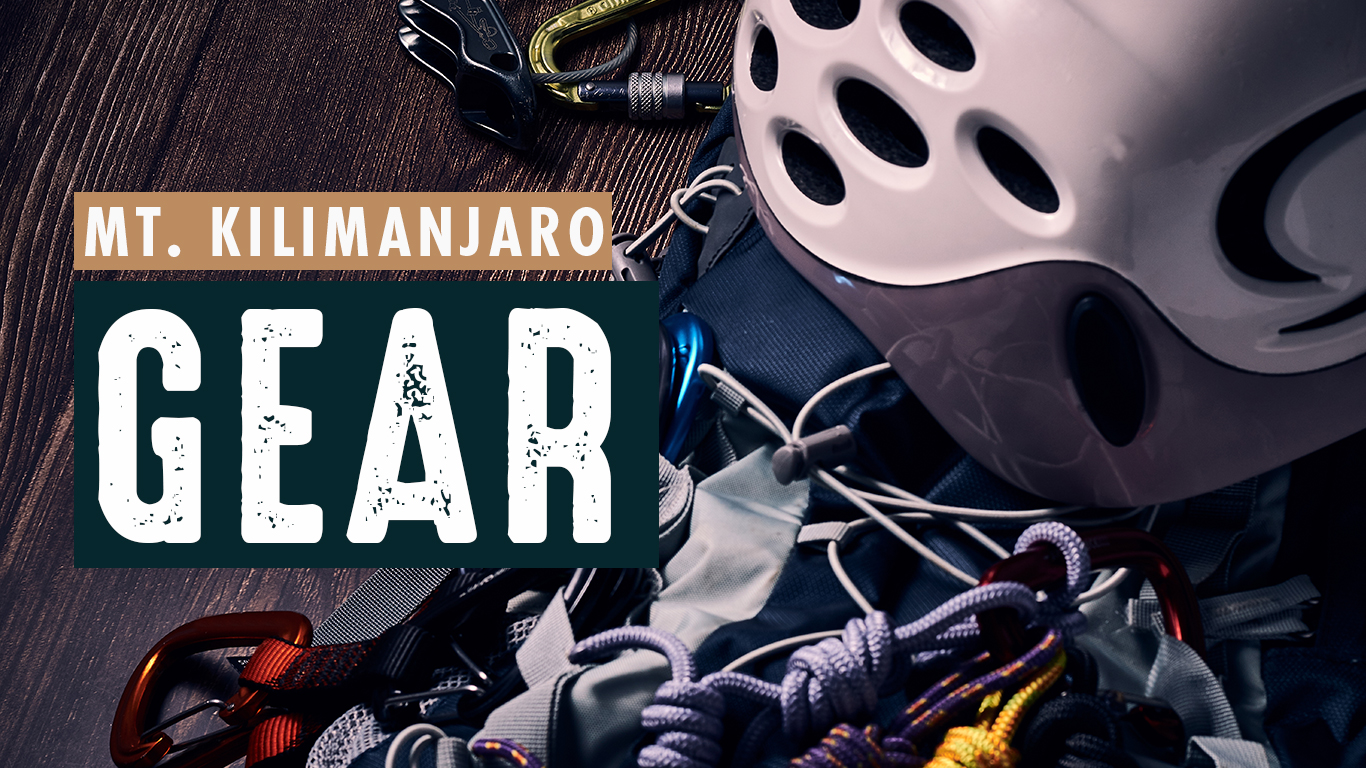
Preparing mentally before climbing a mountain is crucial. Mountain climbing is inherently dangerous, and mental preparation helps you assess and mitigate risks effectively. It also allows you to make sound decisions in high-stress situations, potentially preventing accidents or injuries. Climbing a mountain can be physically and mentally demanding. Mental preparation builds resilience, helping you cope with discomfort, fatigue, and adversity. This enables you to push through challenging moments.
Up in the mountains, things can change pretty fast. Being mentally prepared helps you stay sharp and make smart decisions, especially when you need to think on your feet. And trust me, mountain climbing can sometimes feel like a battle against the elements. Mental prep comes in clutch for managing stress and keeping a cool head when things get tough.
Climbing a mountain can be a long journey, and sometimes, things don’t go as planned. But being mentally prepared helps you stay focused on that end goal, even when faced with setbacks or obstacles.
Knowing that you’ve got your head in the game gives you a huge confidence boost. And that confidence is key for taking on challenges and tackling the tough parts of the climb.
Remember, mountains can be a test for both your body and mind. A positive mindset can make all the difference between a successful climb and a tough one. If you’re climbing with a team, being mentally prepared is also essential. It helps with communication, cooperation, and just generally having each other’s backs.
And hey, in case of an emergency, a climber who’s mentally prepared is more likely to stay calm and take the right steps to stay safe.
Preparing mentally for climbing a mountain is a process that involves various steps. Visualization can be a powerful tool; close your eyes and imagine yourself successfully reaching the summit. Picture the terrain, the challenges, and the emotions you might feel. This mental rehearsal can help build confidence. Knowing what to expect can reduce uncertainty and anxiety.
Physical conditioning contributes significantly to mental preparedness.
Knowing you’re in good shape boosts confidence and reduces concerns about your physical ability. Engaging in mental toughness exercises like meditation, yoga, or mindfulness practices can help you stay calm and focused under pressure.
Practicing breathing techniques, such as deep breathing exercises, can help calm nerves and maintain focus, especially in stressful situations. Enhancing problem-solving skills is valuable. Simulate scenarios and think through potential solutions. This prepares you to handle unexpected situations.
Additionally, seeking support and guidance is valuable. Talk to experienced climbers, join forums or groups, and seek advice from experts. Connecting with others who have been through similar experiences can provide valuable insights. In summary, mental preparation is an ongoing process. It’s about developing a mindset that can adapt to the challenges of mountain climbing. It takes time, practice, and self-awareness to build a strong mental foundation for such a demanding endeavor.







